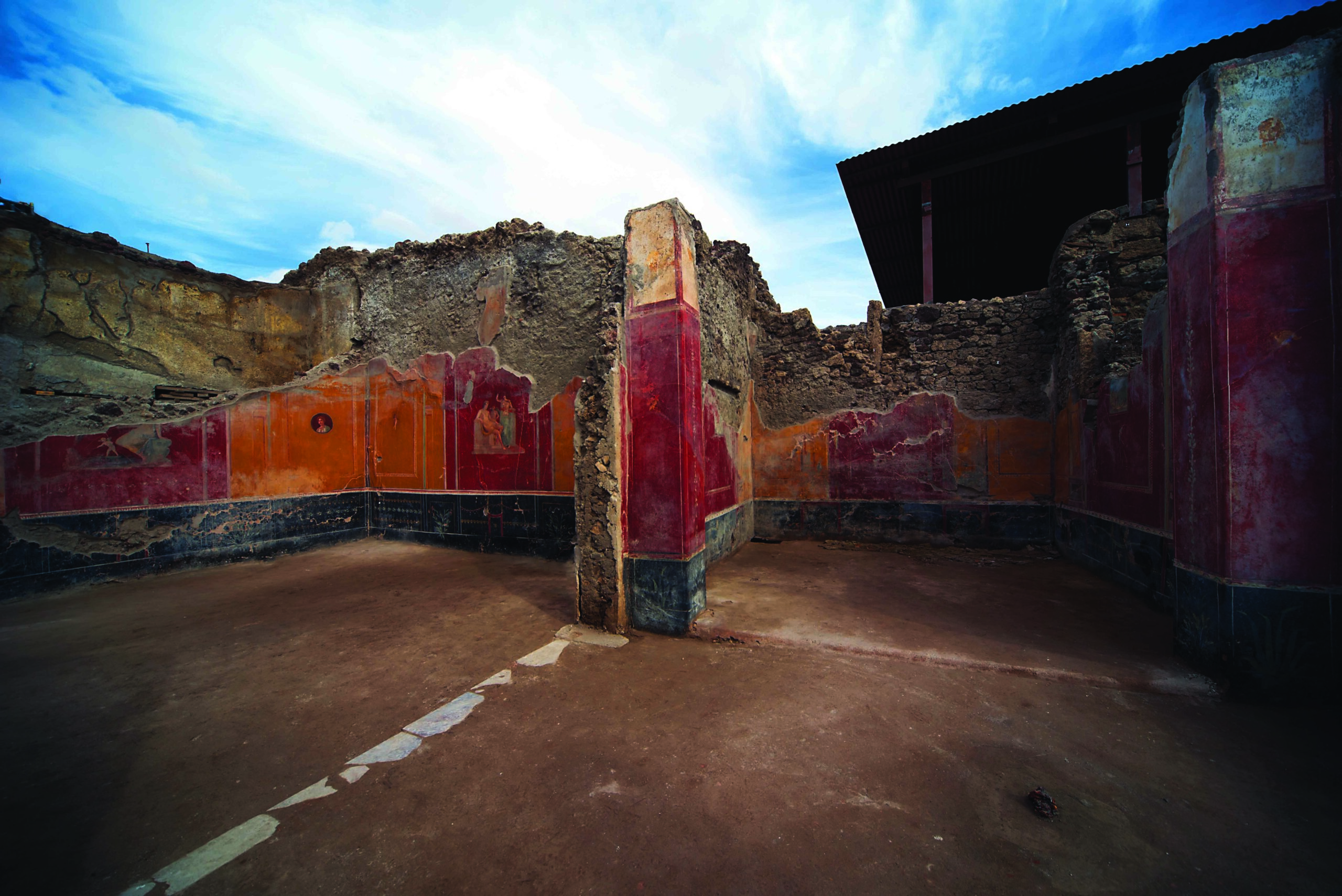TAMIL NADU, INDIA—According to a report in The Hindu, the Tamil Nadu Archaeology Department announced that new radiocarbon and accelerator mass spectrometry dates have been obtained for the site of Keeladi, which is located on the banks of the Vaigai River near the southern tip of India. Analyses of samples from the site indicate it was occupied as early as the sixth century B.C., or about 300 years earlier than previously thought. In addition to readjusting the timeline of the Sangam Era, the test results push back the age of the Tamil-Brahmi script and the advent of literacy in the region to the sixth century B.C., explained T. Udayachandran, the state commissioner of archaeology. More than 50 pieces of pottery bearing Tamil-Brahmi inscriptions were recovered at the site during recent excavations. Spindle whorls, bone-tip tools, terracotta spheres, a copper needle, and vessels for holding liquid—all tools thought to have been used to manufacture textiles—were also recovered. To read about another recent discovery in the state of Tamil Nadu, go to "India's Temple Island."
New Dates Push Back Creation of India’s Tamil-Brahmi Script
News September 20, 2019
Recommended Articles
Digs & Discoveries January/February 2022
Tamil Royal Palace
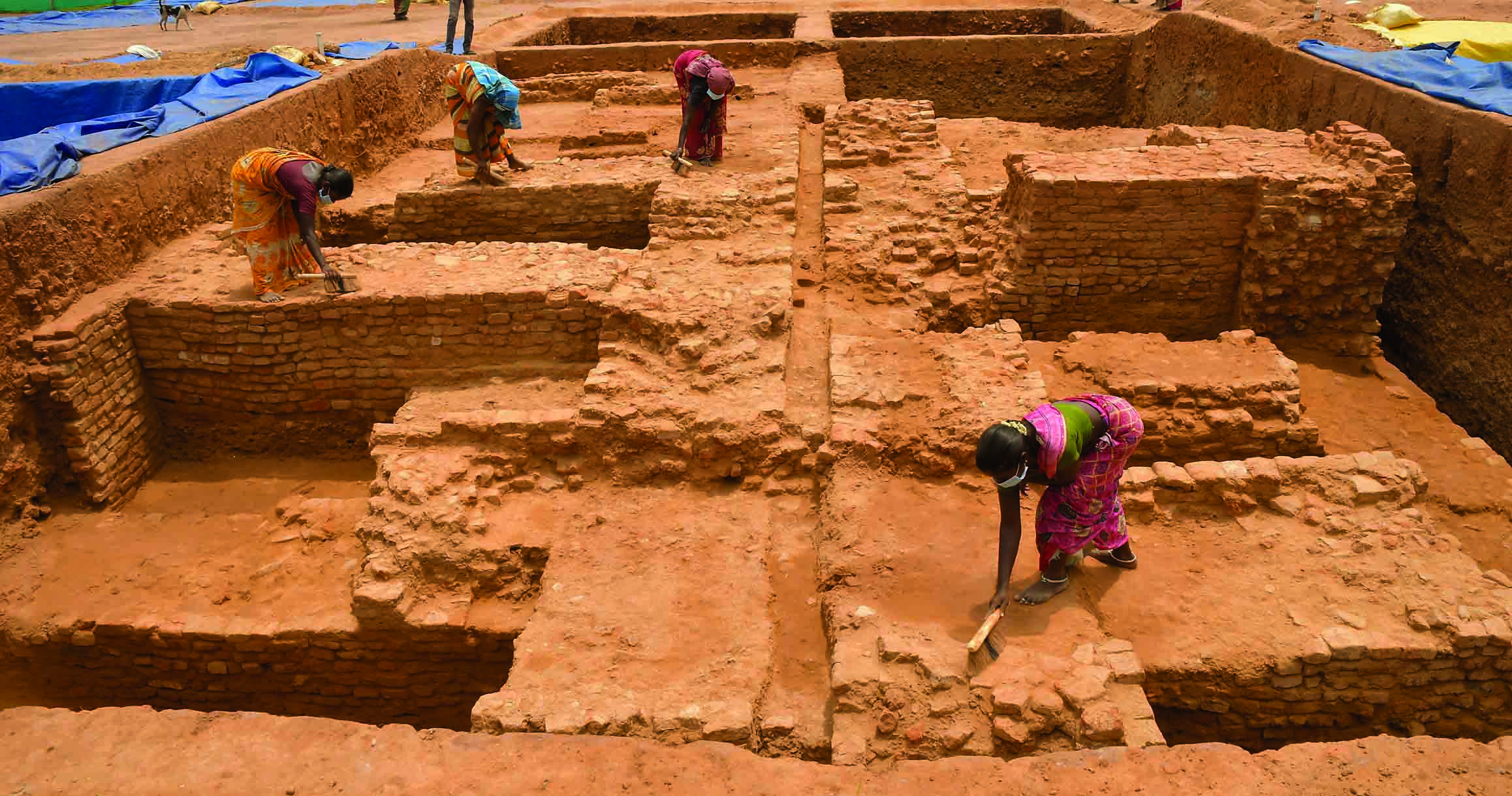
Digs & Discoveries March/April 2019
India's Temple Island
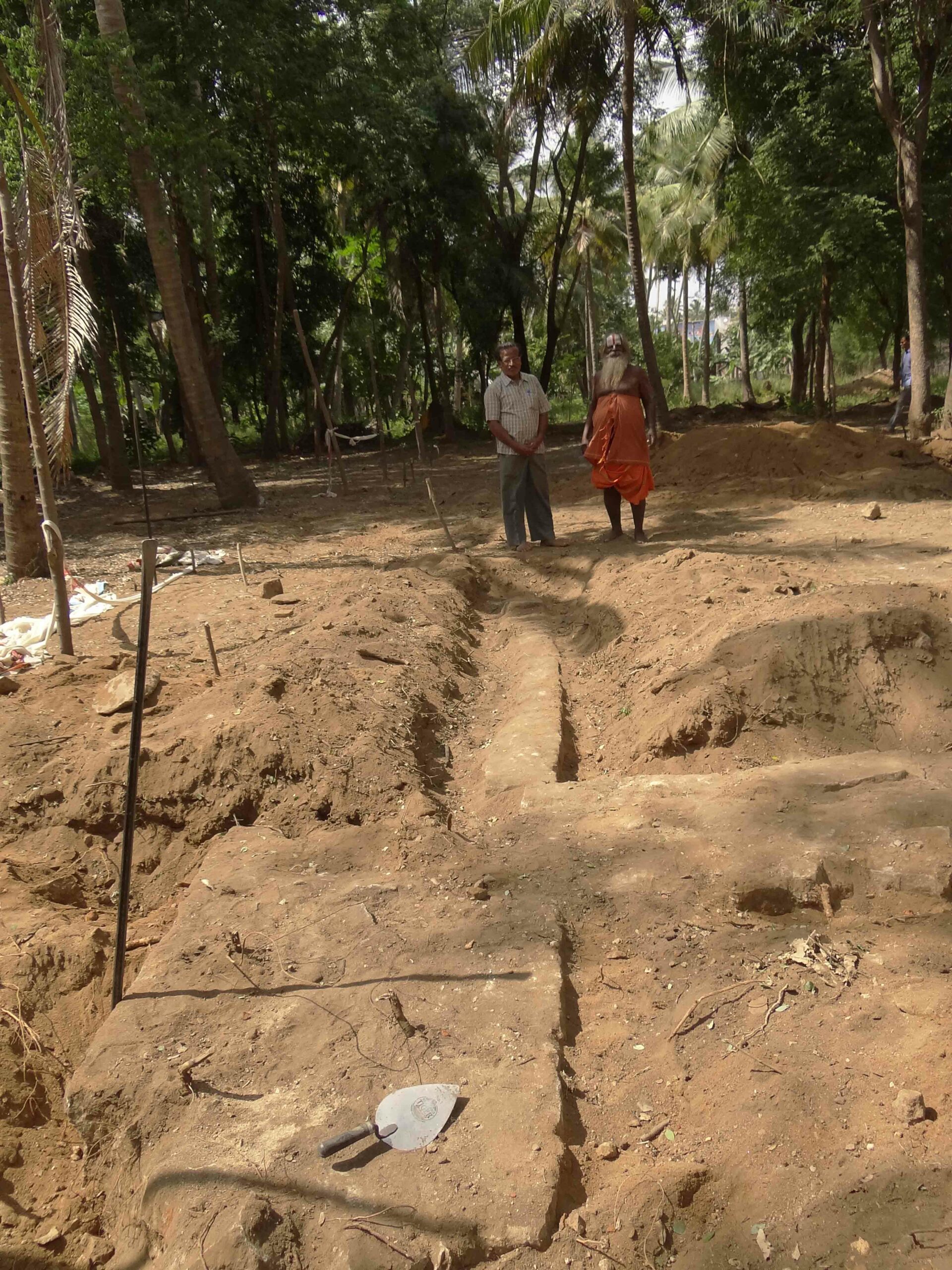
Digs & Discoveries May/June 2024
Educational Idols
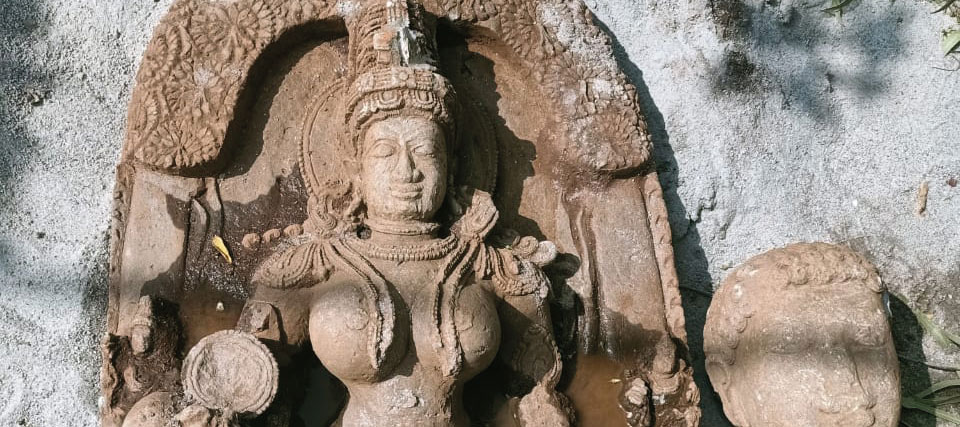
When Lions Were King September/October 2023
Symbols
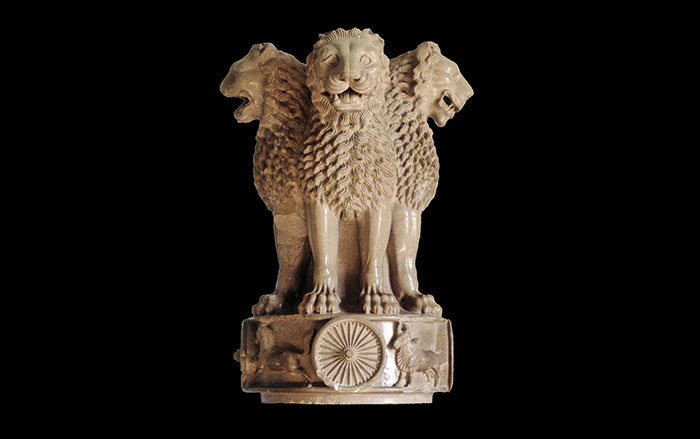
-
Features July/August 2019
Place of the Loyal Samurai
On the beaches and in the caves of a small Micronesian island, archaeologists have identified evocative evidence of one of WWII’s most brutal battles
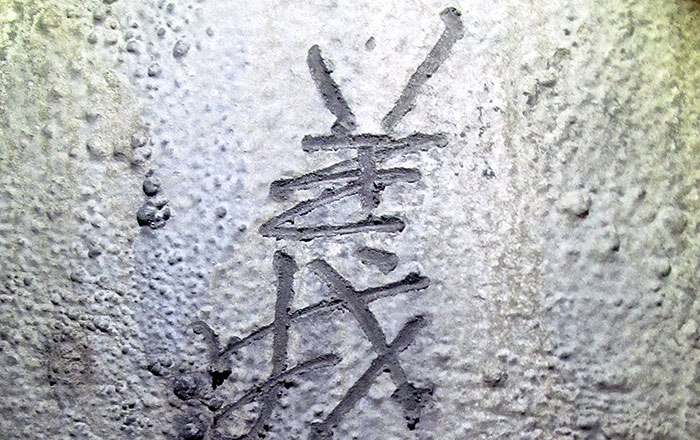 (Courtesy Neil Price)
(Courtesy Neil Price) -
Letter from England July/August 2019
Building a Road Through History
6,000 years of life on the Cambridgeshire landscape has been revealed by a massive infrastructure project
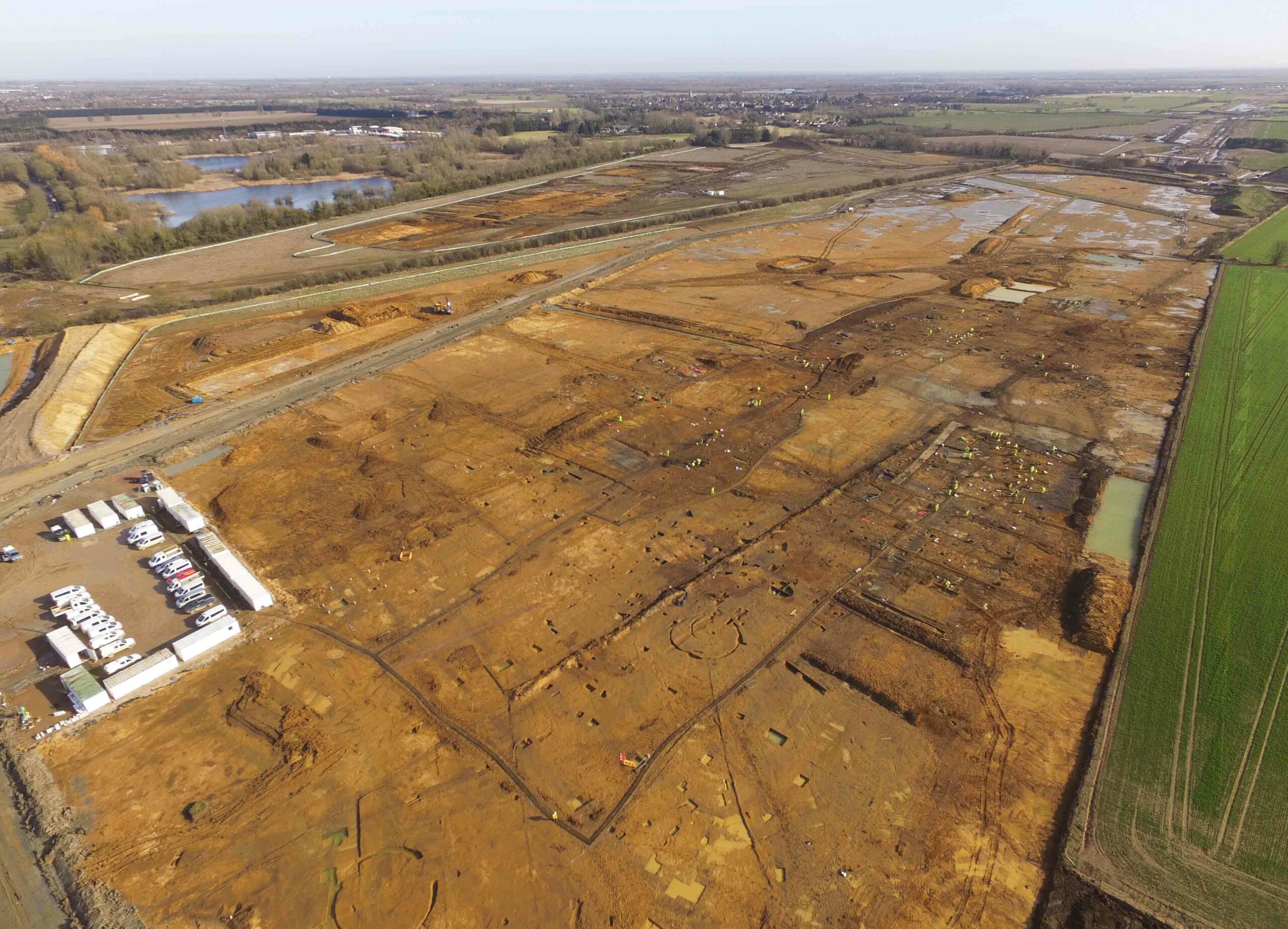 (Highways England, courtesy of MOLA Headland Infrastructure)
(Highways England, courtesy of MOLA Headland Infrastructure) -
Artifacts July/August 2019
Bronze Age Beads
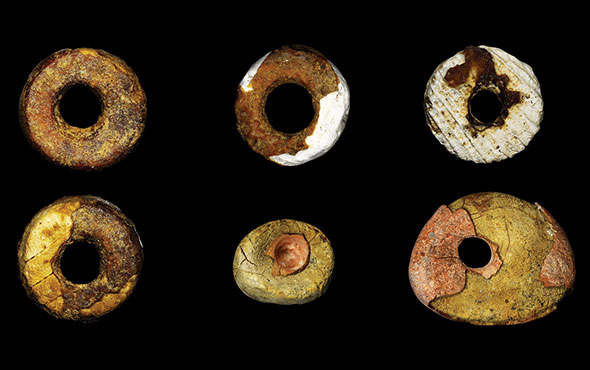 (Courtesy Carlos Odriozola)
(Courtesy Carlos Odriozola) -
Digs & Discoveries July/August 2019
You Say What You Eat
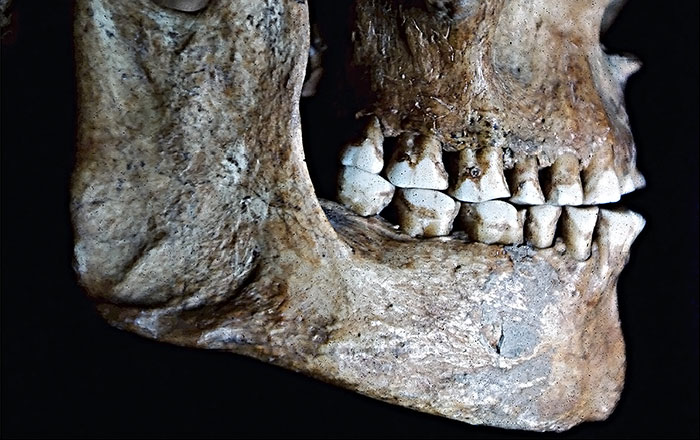 (Courtesy David Frayer, University of Kansas)
(Courtesy David Frayer, University of Kansas)


